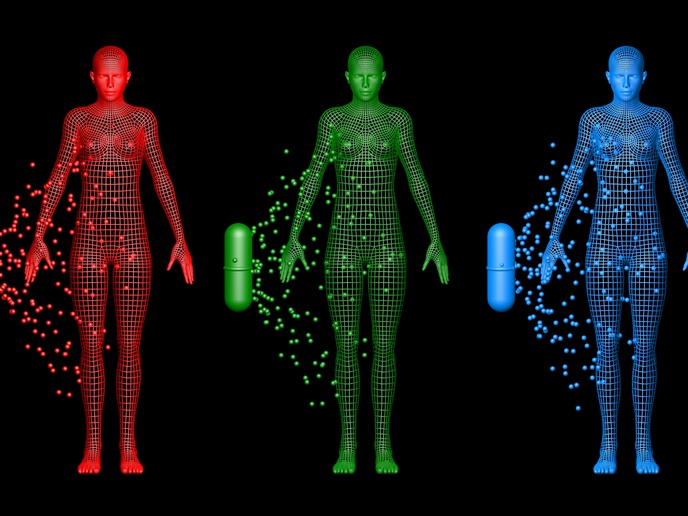Taking a personalised approach to managing diabetes
Diabetes is a disease on the rise – expected to affect one out of every 10 people globally by 2040. While treatment options continue to advance, many diabetic patients suffer from such long-term effects as progressive loss of organ function which, in turn, increases the risk of death. “The major reason for the lack of treatment efficacy is the large variation in individual response to the treatment,” says Sieta de Vries, a researcher at the University Medical Center Groningen (UMCG)(opens in new window) (website in Dutch). “Consequently, we are confronted with a huge unmet need in the treatment of this chronic disease.” Helping address this treatment gap is the EU-funded PROMINENT(opens in new window) project. With a focus on personalised medicine, the project, which was undertaken with the support of the Marie Skłodowska-Curie Actions(opens in new window) programme, aims to develop patient-specific approaches to managing diabetes. To do so, it developed a dedicated doctoral training programme for early-stage researchers at both the UMCG and the University of Groningen(opens in new window). “Our goal was to select the best students to become excellently trained researchers who can perform high-quality research and who will continue to have a major impact on scientific breakthroughs in the field of personalised medicine in diabetic chronic disease management,” adds de Vries, who served as the project manager.
PhD candidates research using personalised medicine to manage diabetes
In total, the project trained 16 very talented PhD candidates, each of whom came from different backgrounds and worked in different departments. Each researcher was assigned a specific research topic within one of four pillars: disease mechanisms, drug development, drug registration and evaluation, or drug application. “Together, our researchers helped advance personalised medicine in diabetic chronic disease management,” explains Hiddo Lambers Heerspink, a professor at the UMCG who served as the project coordinator for research. This research has resulted in many high-impact scientific publications covering a diverse range of topics, including epigenetic regulation of the inflammatory response in type 2 diabetes(opens in new window), development of antibacterial drugs for diabetic infections(opens in new window), cost-effectiveness of personalised diabetes treatment(opens in new window) and using biomarker signatures to predict disease and drug response(opens in new window), amongst many others.
Direct involvement with drug development and registration
In addition to the research itself, the PhD candidates completed traineeships at different companies or institutes working in the field of personalised medicine. They also had an opportunity to interact directly with all stakeholders involved in drug development and registration, along with health technology assessment and use. Beyond increasing our knowledge of the use of personalised medicine in managing diabetes, the project has inspired future interdisciplinary projects within the university. “We have collected state-of-the-art data and sample repositories during the project that can be leveraged in future research projects,” notes Lambers Heerspink.
Sharing their knowledge about personalised medicine
Each of the participating young researchers completed their PhD training and are now ready to share their knowledge of and experience with personalised medicine with different domains. “The project has delivered 16 excellently trained researchers who will continue their professional career in various settings, both inside and outside of academia,” concludes UMCG professor Sven van Ijzendoorn, the project coordinator for education.







